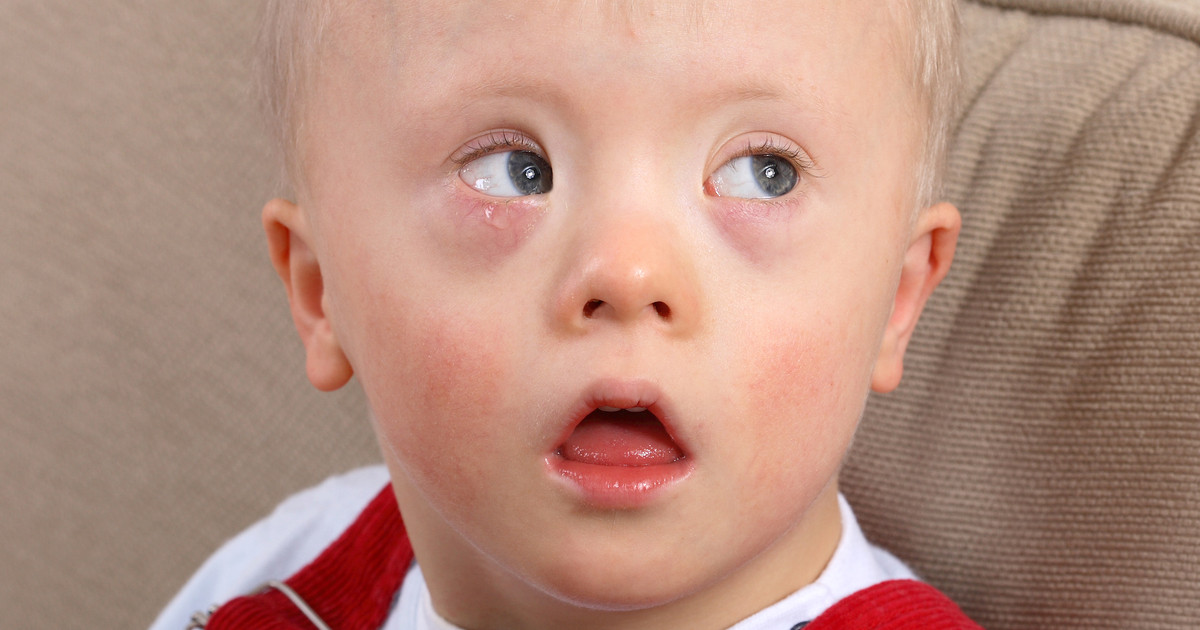What Are The Common Genetic Conditions?
Genetic conditions seem to be quite common. Millions of individuals appear to live with them. However, these conditions may be fatal in some instances. Genetic disorders seem to be the result of any DNA abnormalities. They may trigger significant health issues for patients. Although many cases appear to be inherited, there may be other causes. Unfortunately, many warning signs may go unnoticed until patients reach adulthood.
Treatment appears to vary based on the specific condition. Patients may receive hormone therapy for Turner syndrome. However, treatment for cystic fibrosis seems to include a lung transplant. Some patients may need thyroid medication for Down syndrome. What does appear to be clear is that patients should be aware of the common genetic conditions. This may help them recognize symptoms and receive the appropriate treatment.
Down Syndrome
Down syndrome seems to be a common genetic condition. In fact, it may be the most common. It appears to be the result of children receiving three copies of chromosome 21 instead of only two. Evidence indicates that this may happen by chance. The reason appears to be that it is rare for parents to have the same genetic defect. Symptoms of this condition seem to include thyroid issues, heart defects, intellectual disability, and physical deformities.
The intellectual issues appear to be a low IQ, slow learning, communication issues, and a short attention span. These signs seem to be mild during infancy. However, they can be quite noticeable as individuals age. Individuals with Down syndrome seem to have an iconic look to their face, including their eyes as well as skull shape and size. Patients appear to be at a high risk for many health issues. Some examples may include dementia, obesity, and low bone mass.
Reveal more conditions that seem to be genetic now.
Turner Syndrome
Turner syndrome appears to only affect females. This may be because it comes from issues with the X chromosome. This one seems to help determine gender. Specifically, patients may have a deformed or missing X chromosome. This syndrome does not appear to be inherited. It may not always present with symptoms. However, when it does, patients seem to have physical issues with development.
Common physical symptoms may include a webbed neck, low-set ears, and short height. Patients may also deal with heart defects and ovarian failure. The latter may mean that they cannot bear children. Intellectual symptoms seem to be rare. However, certain patients have issues with executive function tasks. The result may affect their ability to focus, stay motivated, and self-manage.
Continue reading about more conditions that appear to be genetic now.

